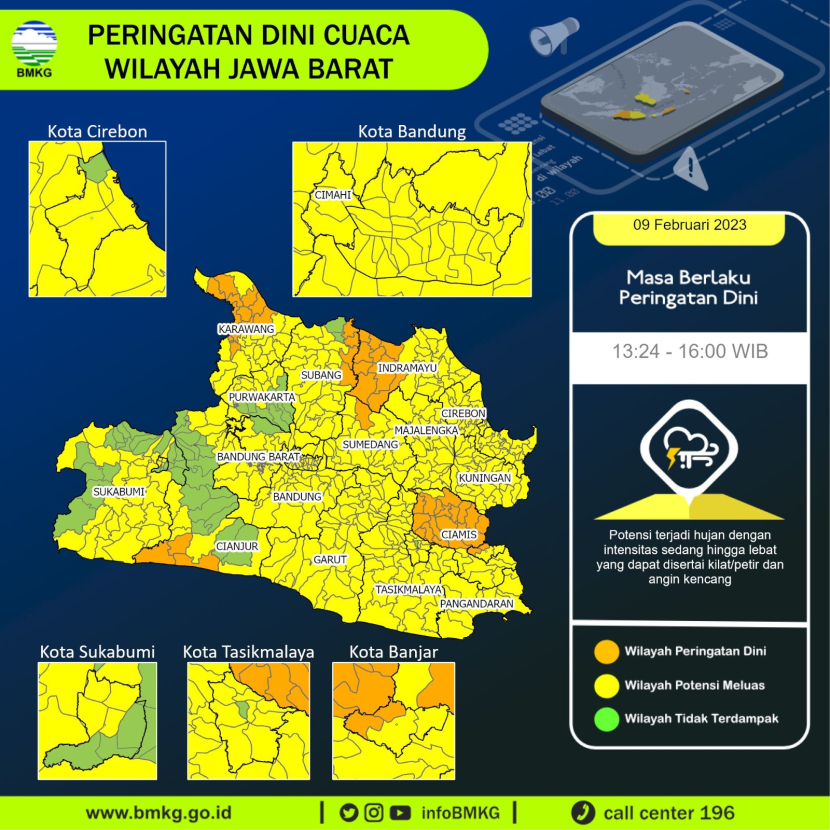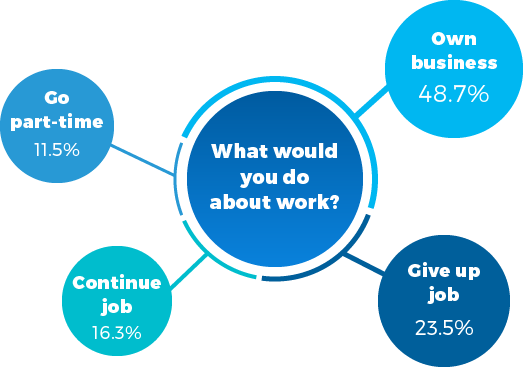The Student Loan Crisis: Economic Ripple Effects And Consequences

Table of Contents
Individual Impact of the Student Loan Crisis
The student loan crisis places a significant burden on individual borrowers, impacting their financial well-being and overall quality of life. The sheer weight of student loan debt can cast a long shadow, affecting various aspects of personal finance and mental health.
Debt Burden and Financial Instability
High levels of student loan debt hinder financial stability, delaying major life milestones like homeownership, marriage, and starting a family. The constant pressure of repayment significantly restricts financial freedom.
- Increased difficulty saving for retirement: Large monthly payments leave little room for saving and investing for retirement, jeopardizing future financial security. This contributes to a growing retirement savings gap among younger generations burdened by student loans.
- Delayed or forgone investments: The need to prioritize loan repayment often leads to delaying or forgoing other crucial investments, such as starting a business or building an investment portfolio. This lost opportunity cost can have long-term financial consequences.
- Higher risk of default and bankruptcy: The inability to manage student loan payments increases the risk of default, leading to damaging credit scores, wage garnishment, and even bankruptcy. This can create a vicious cycle of financial instability.
Impact on Mental Health and Well-being
The stress and anxiety associated with managing substantial student loan debt significantly impact mental health. The constant pressure of repayment can lead to feelings of overwhelm, hopelessness, and depression.
- Increased rates of depression and anxiety among borrowers: Studies have shown a correlation between high student loan debt and increased rates of depression, anxiety, and other mental health issues.
- Negative impact on overall quality of life: The financial burden of student loans can negatively affect overall well-being, reducing life satisfaction and hindering personal growth.
- Reduced career satisfaction due to financial pressures: The constant worry about debt can negatively impact career choices, leading individuals to prioritize higher-paying jobs over fulfilling careers, thus reducing overall career satisfaction.
Economic Ripple Effects of the Student Loan Crisis
The student loan crisis is not merely a personal issue; it has significant economic ripple effects, impacting various sectors and slowing overall economic growth.
Reduced Consumer Spending
Significant debt payments divert funds away from consumer spending, slowing economic growth. This reduced spending power has a domino effect on the economy.
- Decreased demand for goods and services: As borrowers dedicate a larger portion of their income to loan repayment, they have less disposable income to spend on goods and services, weakening consumer demand.
- Impact on various sectors of the economy: Reduced consumer spending negatively impacts various sectors, including retail, hospitality, and entertainment.
- Lower overall economic output: The overall economic output is reduced as a result of decreased consumer demand and slower economic growth.
Impact on the Housing Market
Student loan debt restricts homeownership, affecting the housing market and related industries. This limits access to a fundamental element of the American dream.
- Lower demand for housing: High student loan debt makes it difficult for young adults to qualify for mortgages, reducing demand for housing.
- Reduced construction and related jobs: Lower housing demand leads to reduced construction activity and job losses in the construction industry and related sectors.
- Impact on real estate values: Reduced demand can also negatively impact real estate values, impacting the net worth of homeowners and investors.
Impact on Entrepreneurship
High levels of student loan debt can discourage entrepreneurship and small business development, hindering economic innovation and job creation.
- Reduced investment in new businesses: Individuals saddled with student loan debt are less likely to risk their limited capital on starting a business.
- Lower job creation: Reduced entrepreneurship leads to fewer new businesses and consequently, lower job creation.
- Stifled economic innovation: A decrease in entrepreneurship stifles economic innovation, preventing the development of new products, services, and technologies.
Potential Solutions and Policy Recommendations to Address the Student Loan Crisis
Addressing the student loan crisis requires a comprehensive approach involving various policy changes and initiatives.
Debt Forgiveness Programs
Debt forgiveness programs, while controversial, are proposed as a means to alleviate the burden of student loan debt and stimulate economic activity.
- Targeted forgiveness for specific demographics or loan types: Targeted forgiveness could focus on borrowers facing extreme hardship or those with specific loan types.
- Potential economic stimulus from increased consumer spending: Forgiveness could free up significant disposable income, leading to increased consumer spending and economic growth.
- Cost considerations and budgetary implications: The cost of large-scale debt forgiveness programs is a significant concern, requiring careful consideration of budgetary implications.
Income-Driven Repayment Plans
Income-driven repayment (IDR) plans aim to make student loan payments more manageable by basing monthly payments on borrowers' income.
- Increased affordability for low-income borrowers: IDR plans increase affordability for low-income borrowers by lowering monthly payments.
- Potential for reduced default rates: By making payments more manageable, IDR plans could reduce default rates and improve borrowers' credit scores.
- Long-term solvency and sustainability of the programs: The long-term solvency and sustainability of IDR programs need to be carefully evaluated.
Addressing the Root Causes
Ultimately, addressing the root causes of the student loan crisis is crucial for long-term solutions.
- Increased government funding for higher education: Increased funding could help lower tuition costs and make higher education more accessible.
- Promoting affordable alternative education pathways: Supporting vocational training, apprenticeships, and community colleges offers affordable alternatives to traditional four-year colleges.
- Increased transparency in college costs and financial aid: Greater transparency in college costs and financial aid processes empowers students to make informed decisions.
Conclusion
The student loan crisis is a multifaceted issue with far-reaching consequences for individuals and the economy. From hindering financial stability and mental well-being to dampening consumer spending and entrepreneurship, the effects are pervasive. Addressing this crisis requires a multi-pronged approach, including debt forgiveness programs, improved income-driven repayment plans, and a concerted effort to make higher education more affordable and accessible. Understanding the profound economic ripple effects of the student loan crisis is the first step towards developing effective and sustainable solutions. Let’s work together to mitigate the impact of the student loan crisis and build a stronger and more equitable economic future. Take action today and learn more about available resources and advocacy groups fighting to alleviate the burden of the student loan crisis.

Featured Posts
-
 Rome Champ Continued Success No Room For Complacency
May 28, 2025
Rome Champ Continued Success No Room For Complacency
May 28, 2025 -
 Prakiraan Cuaca Jawa Barat 22 April Peringatan Hujan Di Bandung
May 28, 2025
Prakiraan Cuaca Jawa Barat 22 April Peringatan Hujan Di Bandung
May 28, 2025 -
 Find The Best Personal Loan Rate Today
May 28, 2025
Find The Best Personal Loan Rate Today
May 28, 2025 -
 Beyond The Triumph The Roman Champions Continued Journey
May 28, 2025
Beyond The Triumph The Roman Champions Continued Journey
May 28, 2025 -
 Could You Win The 202m Euromillions Jackpot Your Odds And Next Steps
May 28, 2025
Could You Win The 202m Euromillions Jackpot Your Odds And Next Steps
May 28, 2025
